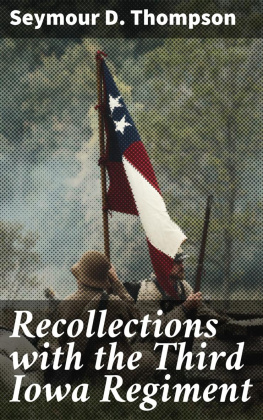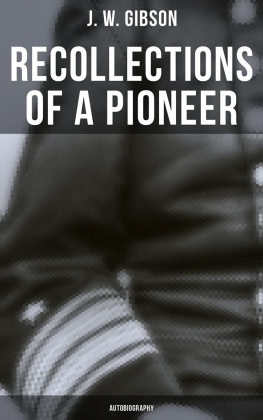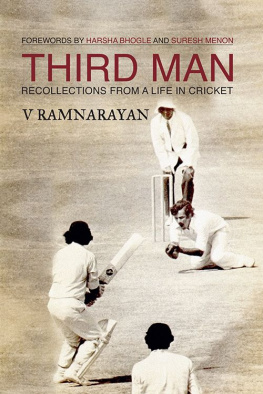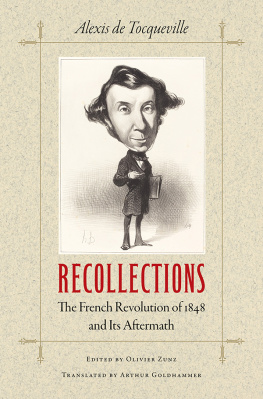CHAPTER I
DAYS OF PEACE
'Wakening the echoes of joys long fled.'
In recording personal recollections of the varied scenes and events in which, during a long military service, it has been my lot to take part, it is scarcely necessary to enter into family details, and I will therefore merely state that my grandfather, Stephen Payne Adye, entered the Royal Artillery in 1762, and served in the war in Germany and in America; and since that date various members of the family have served in uninterrupted succession in the regiment down to the present day.
Of his four sons, three became officers of artillery. The eldest, Ralph Willett Adye, was the author of the 'Pocket Gunner,' which was a standard book of reference for many years. He died at Gibraltar in 1804, and his monument still exists there, in the so-called Trafalgar Cemetery.
The second son, Stephen Gallwey Adye, saw much active service. He was with Sir Ralph Abercromby in Egypt in 1801, and was slightly wounded in action near Alexandria. He was also at Walcheren in 1809, at Cadiz in 1813, and at Quatre Bras and Waterloo. He died a Major General and Superintendent of the Laboratory, Woolwich Arsenal, in 1838.
The third son, John Miller Adye, was an officer in the Royal Navy. He served as a Lieutenant in Lord Nelson's flagship, the 'Vanguard,' at the battle of the Nile, and was wounded. In 1815 he was in command of the 'Partridge' corvette cruising off the Island of Elba, and conveyed Sir Neil Campbell (who was British Commissioner there) to Leghorn in February. Sir Neil, having received information that Napoleon intended to escape, returned hastily to Elba, but owing to light winds was delayed, and only arrived on the morning of February 28th to find that Napoleon had left on the night of the 26th. The 'Partridge' went in pursuit towards the Antibes, but, it being uncertain to what part of the coast he had sailed, failed to overtake him.
The fourth son, James Pattison Adye (my father), was also in the Artillery, and was present at Copenhagen in 1806, and served for several years in the Mediterranean.
In 1834 I received a nomination to a cadetship at the Royal Military Academy Woolwich from the Master General of the Ordnance, Sir James Kempt, and went up for examination in February, at the age of fourteen. There was no competition fortunately in those days, and the whole affair, including medical examination, only lasted an hour and a half, and I was reported as having passed very satisfactorily. My career at the Academy was a happy one. I was treated with much kindness, and experienced none of the bullying or ill-usage which was supposed to exist. An amusing incident occurred soon after I joined. Each room contained four cadets, the head of my room being the late General William Gardner, R.A. He was at that time about twenty-one years of age, and having quarrelled with another cadet, who was a good fighter with his fists, a meeting was arranged in the Racket Court. Gardner, however, said that a pugilistic encounter was very well for boys, but as a man he claimed to fight with pistols.
This gave a more serious turn to the matter, and I, as junior of the room, was ordered to prepare the bullets for the duel, and well remember remaining up late at night, melting lead in the fire shovel, and pouring it into bullet moulds. These serious preparations led to some arrangement, and the affair never came off.
Colonel Parker was at that time Captain of the Cadets, and Wilford one of the subalterns. Parker, a fine old soldier, had lost his leg at Waterloo and wore a wooden one. He was nicknamed Peg Parker.
One Sunday afternoon the cadets were being marched to church across the 'barrack field' at Woolwich, Parker as usual riding in front on a small white pony. All at once Wilford ran up to him and said, 'Beg your pardon, sir, but you have lost your leg!' and sure enough, on looking down, Parker saw that his wooden one was missing. It had tumbled off. Wilford, however, who had picked it up, screwed it on again, and the march was resumed.
In December 1836, after nearly three years' residence, I received my commission as a second lieutenant. I was head of the Academy, and just seventeen. The late Sir Frederic Campbell was second, and we both selected the Royal Artillery.
In the spring of 1837 I attended a levee of William IV., and, to my surprise, on hearing my name he kindly spoke to me and asked what relation I was to General Adye. The current story was that the king asked me what relation I was to my uncle, and that in my confusion I replied grandson; but this is apocryphal.
Speaking of William IV. reminds me of a story about him which I believe is well founded. Soon after becoming king he one day visited Woolwich, and after inspecting the Artillery, &c., inquired who was Commanding Officer of the Marines, and was told it was Sir John McCleverty. The king said that Sir John was an old friend and comrade of his, and went off at once to call on him at the Barracks. He expressed great pleasure at seeing his old companion, and asked if he could do anything for him, adding, 'You know I am a king now, and can do what I like.' Old Sir John McCleverty replied: 'Yes, your Majesty, you can do something for me. My son not long ago was a lieutenant on board a man-of-war, and in the Channel one night in a thick fog, when he was on watch, they came into collision with another ship, and the Admiralty have in consequence tried him by Court Martial, cancelled his commission, and have nearly broken my heart, for he is an excellent officer.' The king promised that he should be restored, was as good as his word, and the son rose afterwards to some distinction, commanding the 'Terrible' in the Black Sea during the Crimean war.
As the earlier years of my service were passed during a period of peace, they call for little remark. Towards the end of 1840 I embarked at Woolwich with my company for Malta in an old sailing transport, the 'Numa Pompilius,' and, owing chiefly to bad weather in the bay, the voyage occupied no less than two months. We sailed into Malta on the same morning that the British fleet under Sir Robert Stopford arrived from the capture of Acre.












